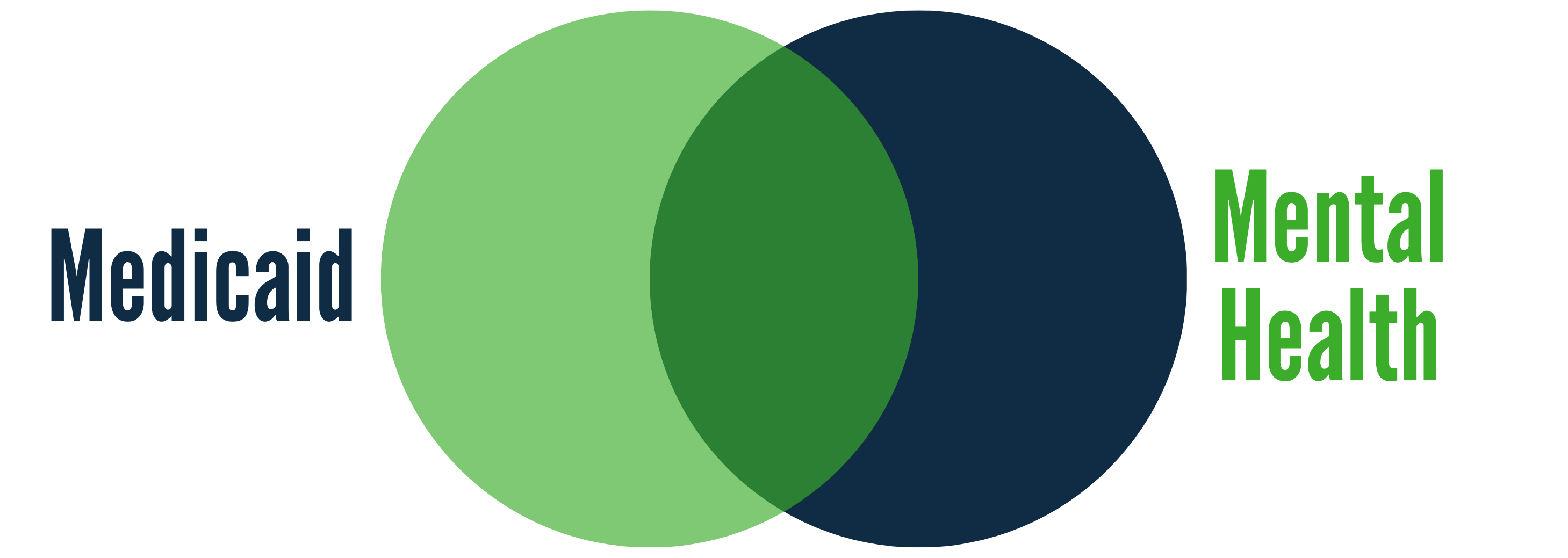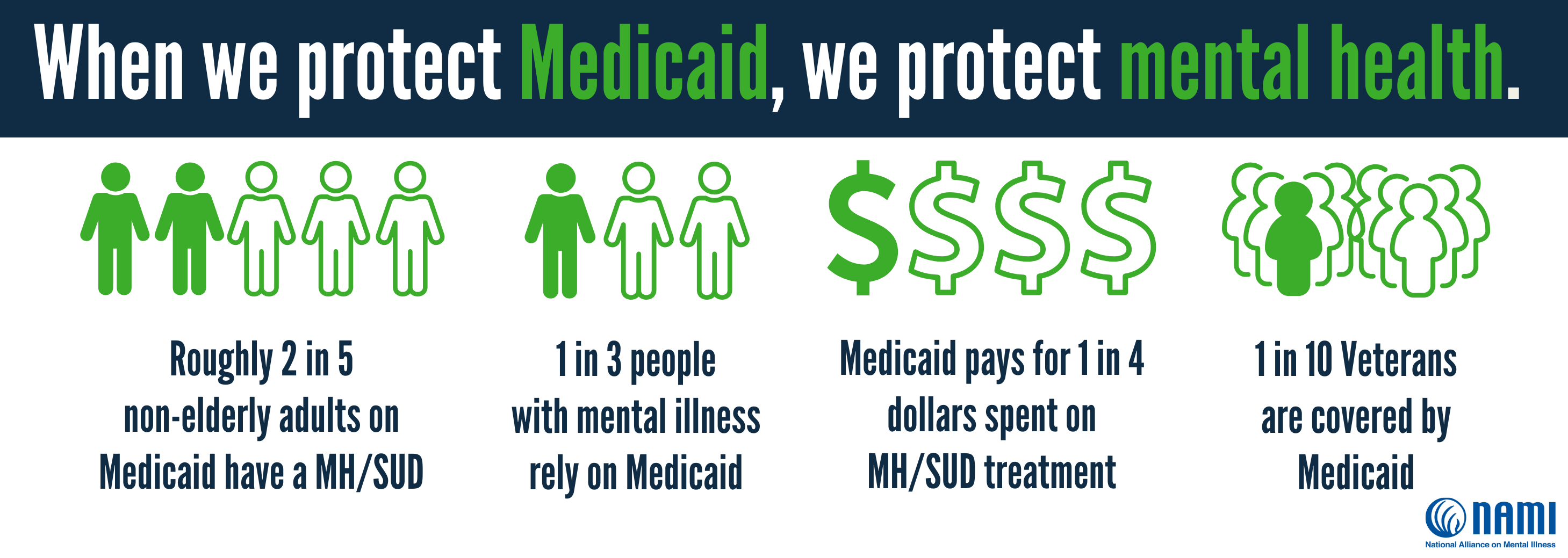Our nation’s mental health crisis has accelerated in the last decade, and as the single largest payor for mental health services, Medicaid has been a beacon of hope for the growing number of Americans needing mental health care, particularly low-income individuals who might otherwise be unable to access these essential treatments. Individuals with mental health conditions and substance use disorders comprise approximately 40 percent of non-elderly adults covered by Medicaid.
As lawmakers debate whether to continue funding this vital program, it’s important for all of us to understand who would be affected and what it would mean if the program were cut.
Medicaid expansion allows for more individuals to receive timely mental health interventions, reducing the reliance on emergency room visits which results in more efficient, cost-effective care management and eases the overall burden on the health care system.
Medicaid’s presence in mental health care is profound and essential, taking shape in numerous ways:
- Medicaid is largest payer for mental health services in the U.S. and covers more services than any other insurer.
- Medicaid provides treatment for four out of 10 people with opioid use disorder.
- 42 states cover primary care for children’s mental health. More than 3 million children benefit from these services.
If Medicaid is cut in any capacity, it would have a greater adverse effect on those living with mental health conditions or substance use disorders. Impacts could include:
- Reduced access to mental health and substance use disorder treatment during a time of a well-documented mental health, overdose, and suicide crisis in the U.S.
- Poorer health outcomes, including more deaths by suicide and overdose.
- Increased use of emergency departments and more frequent hospitalizations due to delayed care
The future of our country’s mental health, and overall health, depends on Medicaid. Raise your voice to protect Medicaid by sending a message to your lawmakers.
Learn about Providence’s work to protect Medicaid








